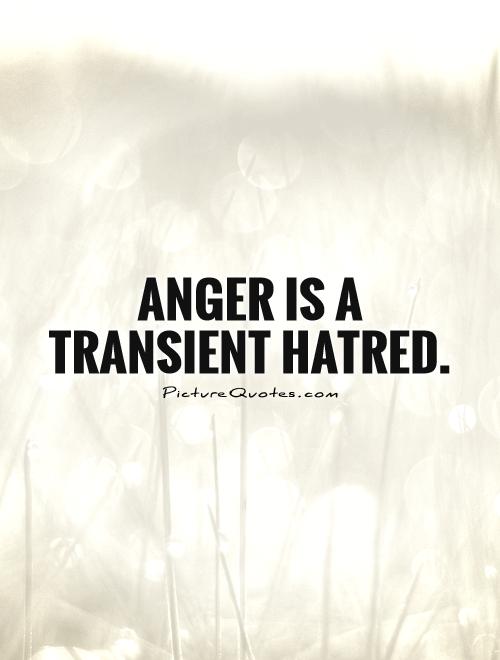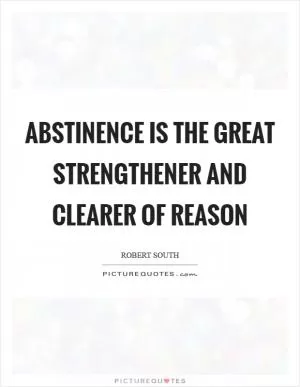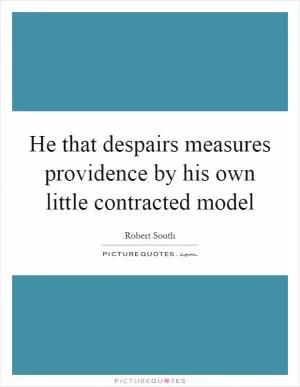Anger is a transient hatred

Anger is a transient hatred
Robert South, a 17th-century English churchman and theologian, once famously said, "Anger is a transient hatred." This profound statement encapsulates the complex and often destructive nature of anger. Anger is a powerful emotion that can consume individuals and lead to irrational behavior and harmful consequences. By likening anger to hatred, South highlights the intensity and negativity associated with this emotion.Anger is often described as a temporary state of intense displeasure or hostility towards someone or something. It is a natural response to perceived threats, injustices, or frustrations. However, when anger is not properly managed or controlled, it can escalate into hatred. Hatred is a deep and enduring feeling of intense dislike or animosity towards a person or group. While anger may be fleeting, hatred lingers and can have long-lasting effects on relationships and mental well-being.
South's assertion that anger is a transient form of hatred suggests that anger is a precursor to more intense and destructive emotions. When individuals allow their anger to fester and grow, it can evolve into a deep-seated hatred that colors their perceptions and actions. This transformation from anger to hatred can have serious consequences, leading to resentment, bitterness, and a desire for revenge.
Furthermore, South's words highlight the impermanence of anger. Like all emotions, anger is temporary and fleeting. It ebbs and flows, rising and falling in intensity. By recognizing the transient nature of anger, individuals can learn to manage and control their emotions more effectively. Instead of allowing anger to escalate into hatred, individuals can acknowledge their feelings, process them, and find healthier ways to express and release their anger.












 Friendship Quotes
Friendship Quotes Love Quotes
Love Quotes Life Quotes
Life Quotes Funny Quotes
Funny Quotes Motivational Quotes
Motivational Quotes Inspirational Quotes
Inspirational Quotes